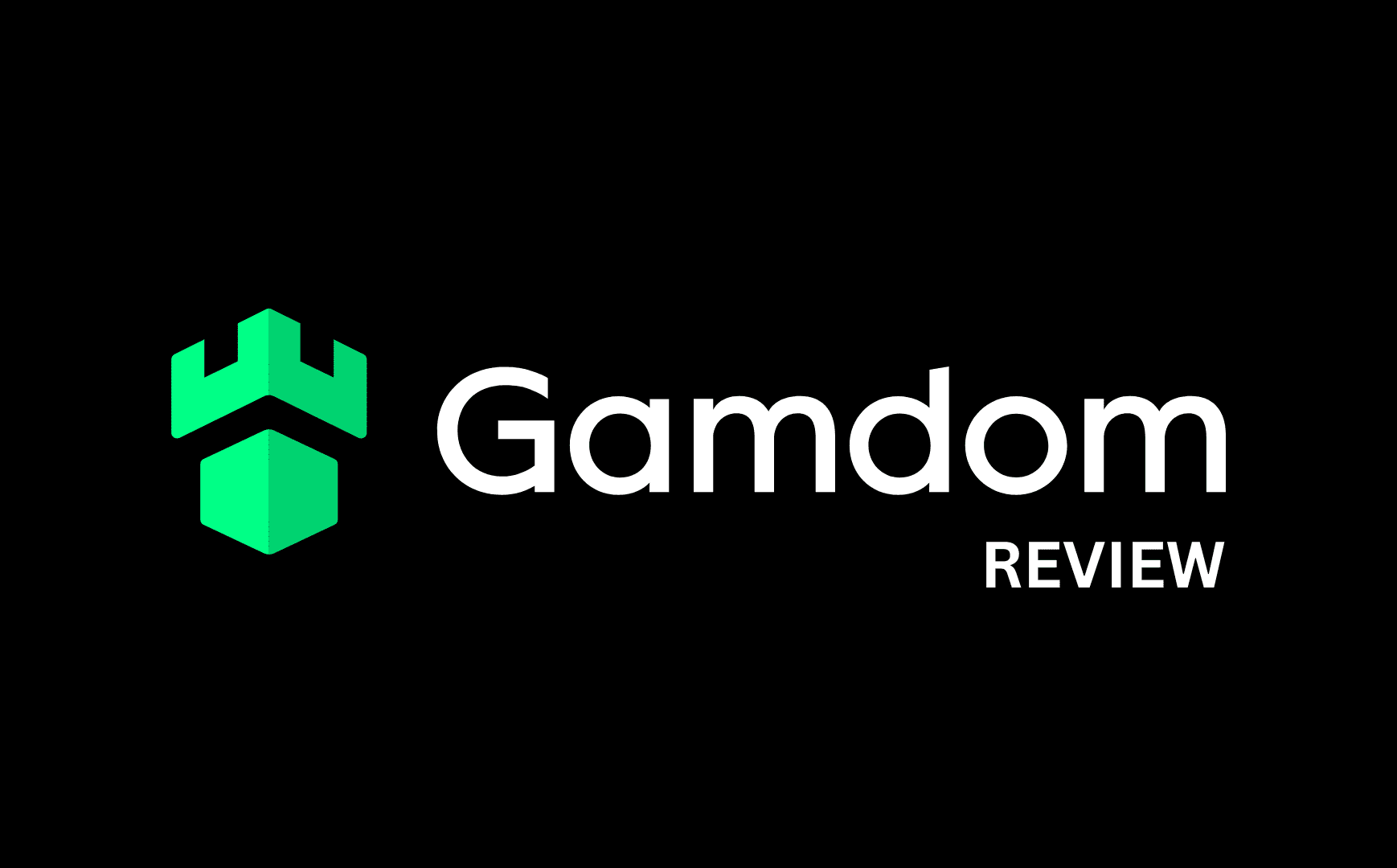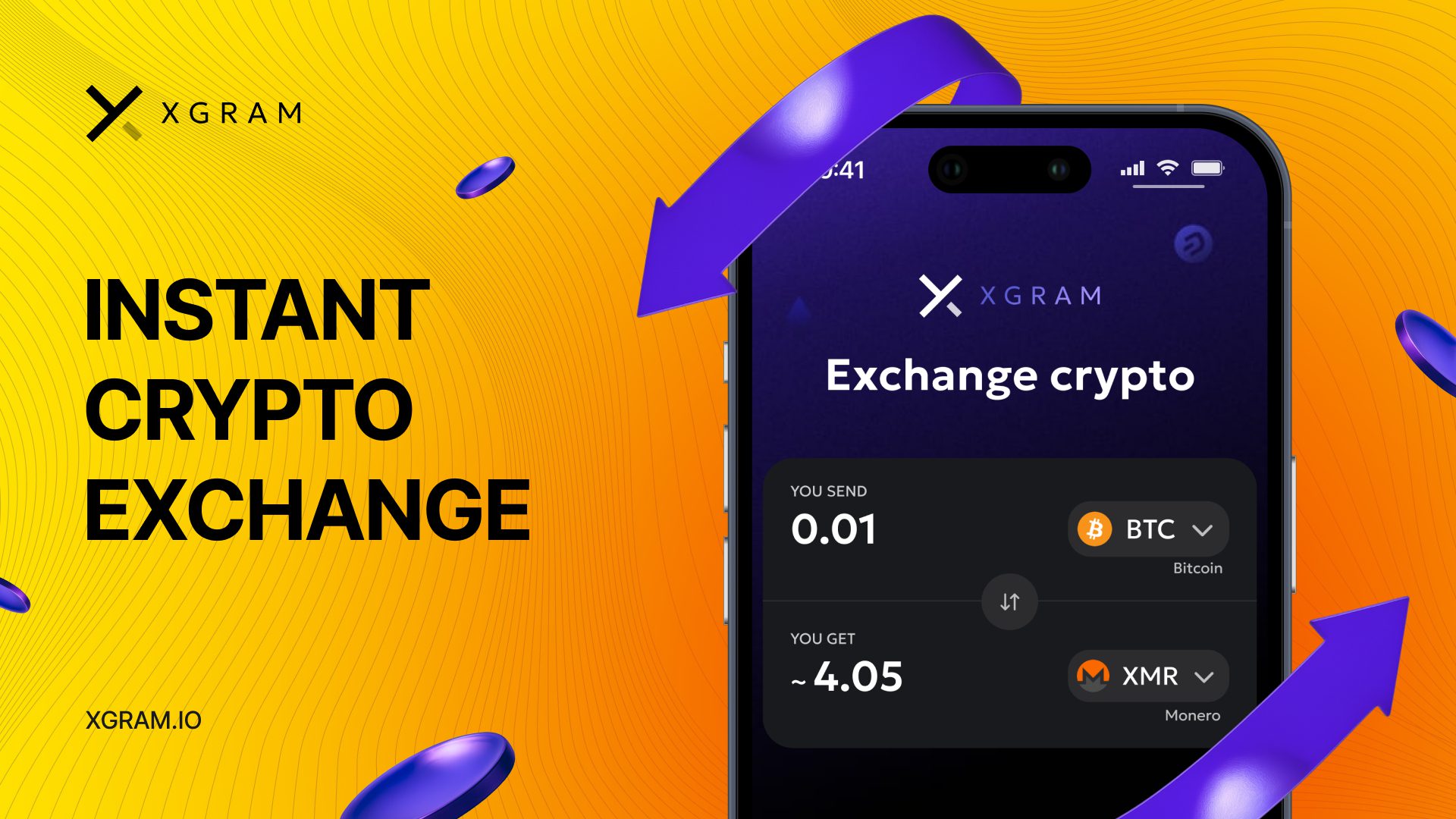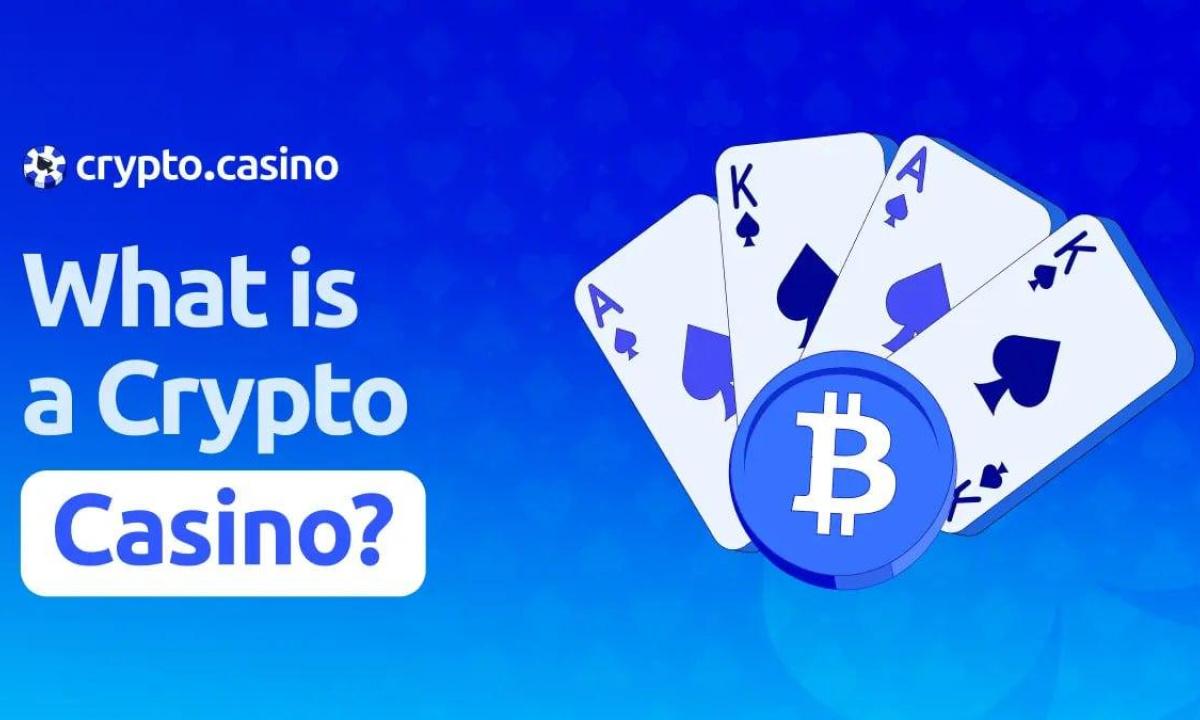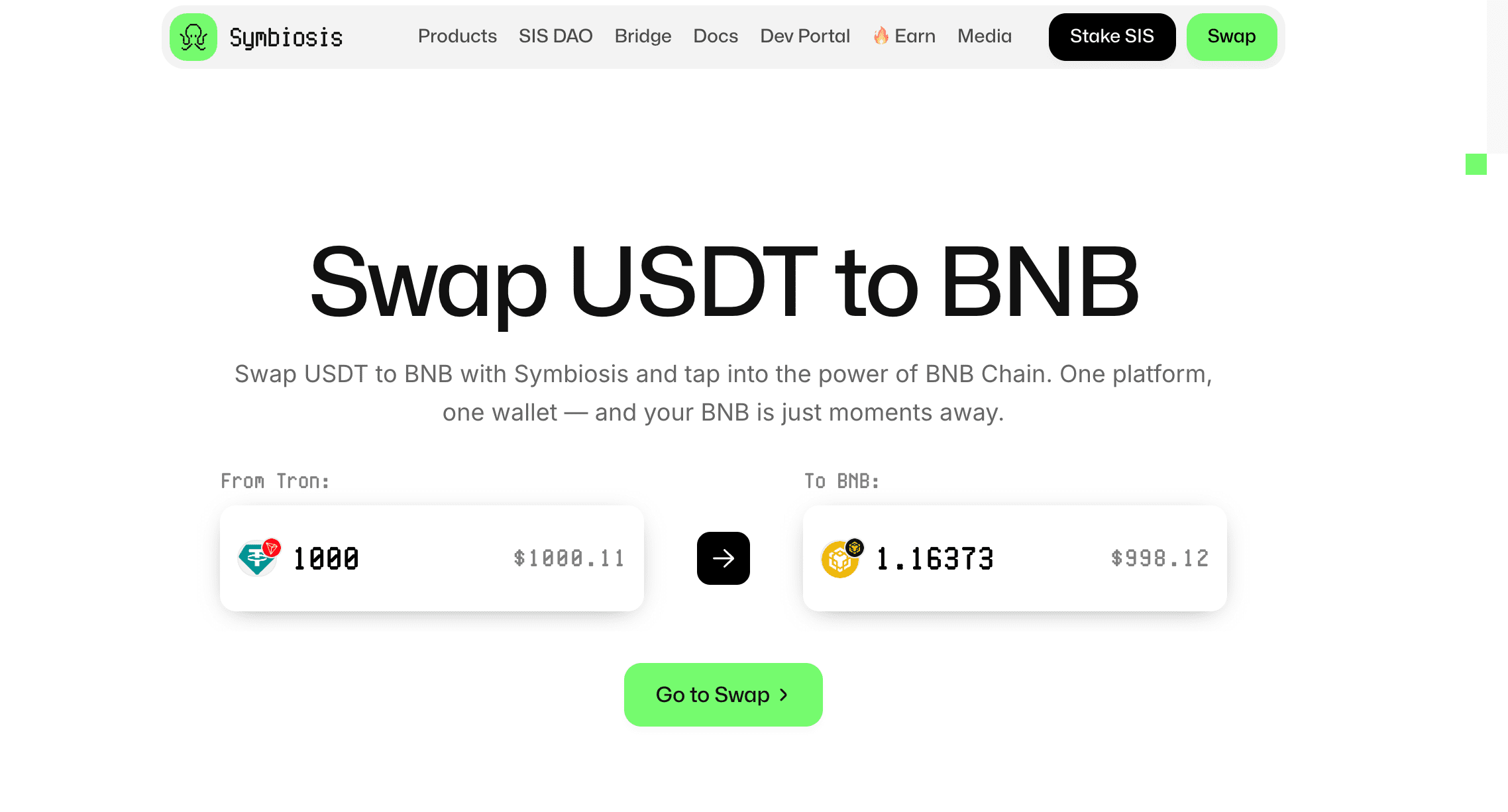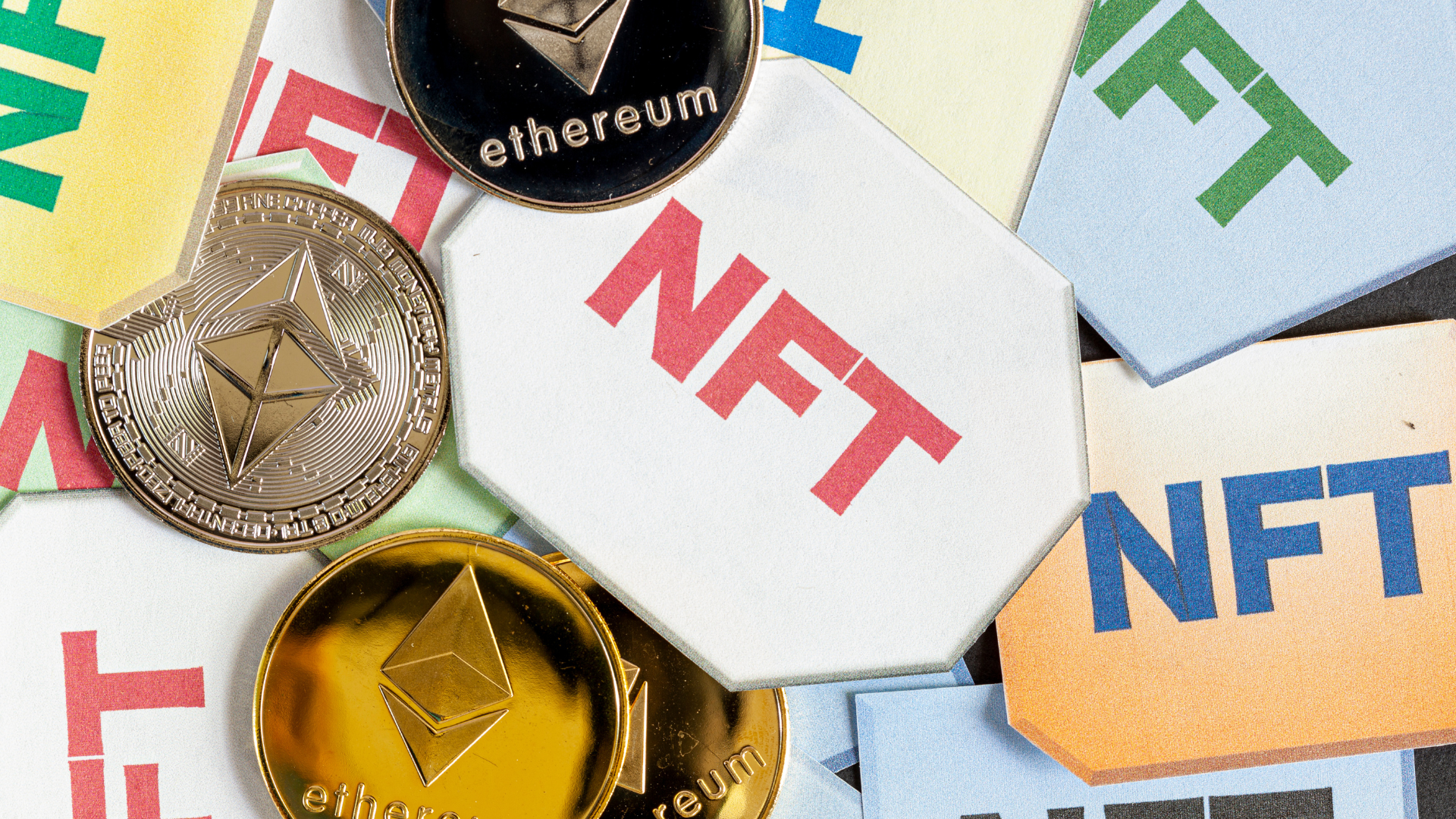At NFT Droppers, we provide the latest crypto news, in-depth project information, and comprehensive market insights. Launched in 2022, our platform covers new token launches, market trends, and detailed reviews of crypto and NFT projects. We offer reliable ratings based on 70+ evaluation factors, including tokenomics, roadmaps, and team authenticity. Whether you’re an investor or a crypto enthusiast, NFT Droppers keeps you informed with accurate, up-to-date information and expert analysis.
3 Best Software Wallets for Storing Your Crypto Safely

Table of Contents
When venturing into the blockchain space, you need to make sure to dot all your i’s regarding the security of your funds. Blockchain allows for a lot of freedom with its self-custodianship of assets. However, with this freedom, comes a list of responsibilities and knowledge checks to store your assets safely.
Although hardware wallets provide the best security, they aren’t always the most practical for daily usage. You need to carry around a specific device and use a computer to be able to access its features. Instead, you can enjoy mobile wallets that allow you to take your crypto everywhere with you.
Software or mobile wallets are inherently less secure than hardware wallets. They offer a lot of convenience and are ideal for storing a small portion of your portfolio for your daily trades or spending.
In this article, we will provide you with a review of three of the most popular mobile crypto wallets on the market. While all of these provide on-par security, each one has a different set of features that might suit different needs.
1. Exodus
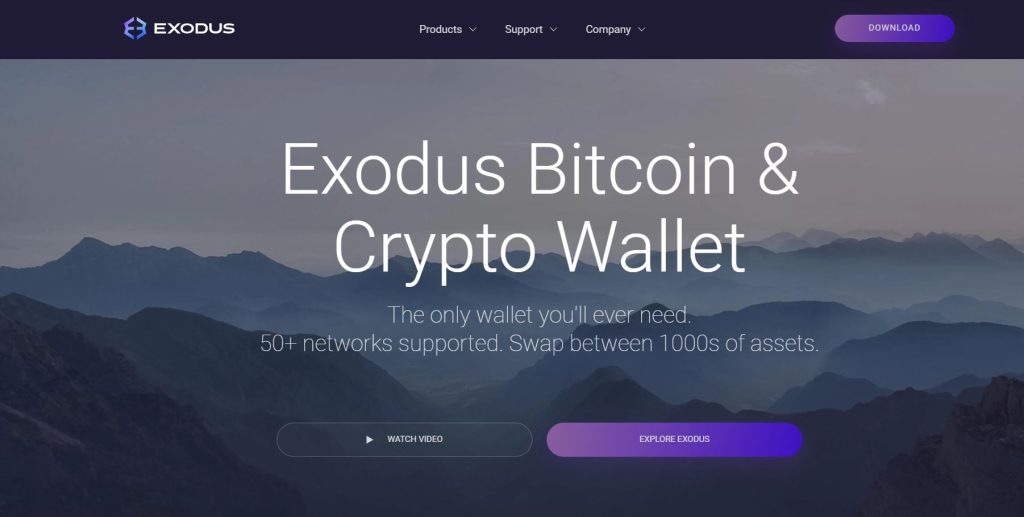
Exodus is one of the veterans in the crypto mobile wallet industry. This non-custodial wallet came on the market in 2015 when there was scarce competition in this niche. The pioneering status allowed Exodus to be massively adopted over the years by millions of users.
The wallet comes in both mobile and desktop versions. This allows you to easily handle your funds on the go and while you are working on your computer. To top things off, Exodus also proposes a web3 version, allowing you to connect to various dApps in DeFi and increasing its use cases considerably.
Currently, the wallet supports 300+ different cryptocurrencies, so traders can navigate the markets pretty easily. This means that if you buy BTC with a bank account, you can safely store your coins on your Exodus.
One major shortcoming is that Exodus doesn’t offer 2FA for accessing your funds. For a mobile wallet, this is a serious drawback. It means that anyone could access your assets if you lose your phone.
As a consolation, you can connect the desktop version of Exodus with a Trezor hardware key. This might alleviate the security issues as carrying out transactions will require a physical confirmation on your hardware wallet.
Exodus supports most additional features one would expect from a mobile wallet. You can purchase crypto, execute swaps, and stake a wide range of tokens natively. Finally, the mobile version boasts the NFT gallery where you can manage your collections on multiple popular blockchains.
2. Guarda
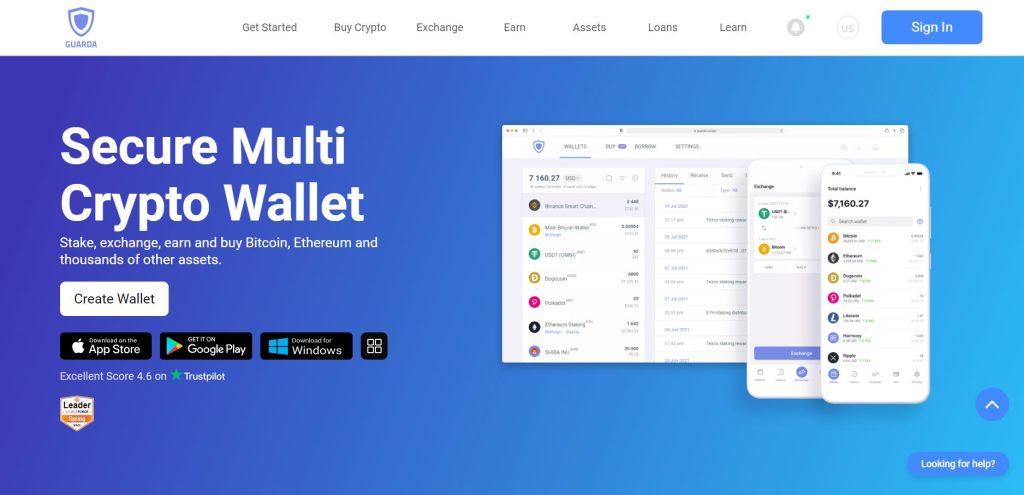
Guarda provides a similar offering to Exodus with desktop and mobile apps. The app was released during the bull run of 2017. It allowed thousands of newcomers in the industry to get their hands on a secure wallet to handle their assets. Guarda currently supports more than 400,000 different tokens and coins.
Just like Exodus, it offers non-custodial handling of your cryptocurrencies, created with a 12-word seed phrase. This seed phrase allows you to recover your wallet in case you lose your phone or forget your password.
Unlike Exodus, however, Guarda offers multisig options for Ethereum and Bitcoin wallets. Thus, multiple wallet holders can sign a transaction before it’s carried out on the blockchain. It’s an invaluable addition that provides DAOs and institutional holders better control over their assets. It can also act as an escrow account for multiple signees.
Another interesting feature, Guarda acts as a virtual Visa Debit card for EU residents. Users who go through KYC can spend crypto directly through the Visa card within the app. Although supporting a limited amount of assets, it’s a great way to integrate crypto spending into your everyday life.
Finally, note that you can also purchase and stake tokens directly with Guarda. Purchasing and exchange fees can be a bit steep, especially compared to the competition.
3. Trust Wallet
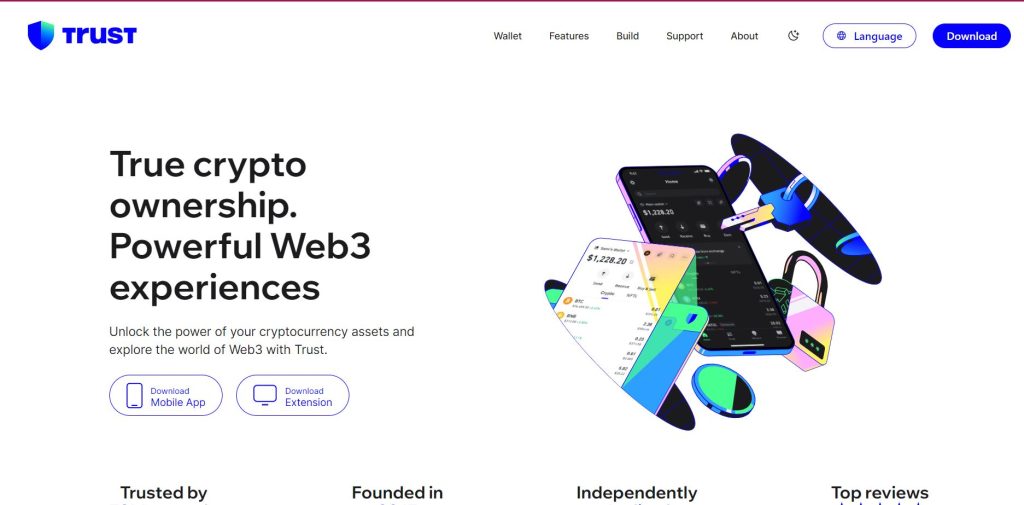
Trust Wallet is one of the most commonly used mobile wallets together with Metamask. Binance acquired the app in 2018, making it part of its ever-growing ecosystem. Consequently, if you are a frequent Binance exchange or ecosystem user, Trust Wallet will serve you well.
In addition to supporting all Binance-listed tokens, it allows you to handle more than 10 million assets across 70+ blockchains.
The wallet comes in a mobile and Web3 version. Unlike Exodus or Guarda, it doesn’t propose a desktop version, which decreases its security score. However, it offers an additional 2FA with biometrics, allowing you to lock malicious actors out of your assets.
Users need to provide their fingerprints before sending transactions, adding another layer of security. At least, you know that if you lose your phone, no one will be able to access your funds.
The Trust wallet interface has lately been overhauled to provide better legibility and additional features. That being said, Trust Wallet lacks native staking on its mobile version. Unfortunately, staking and earning features are available only through the browser extension version.
Two major features of Trust Wallet are the NFT browser and the dApp explorer. The former allows you to manage NFTs from all the blockchains supported by the wallet. If you are an EVM user, you can easily add a bespoke chain to the wallet and support additional assets.
The dApp explorer allows you to connect to decentralized applications and access the DeFi ecosystem across the majority of the industry.
Things You Should Consider Before Choosing the Wallet
When choosing a mobile crypto wallet, you should consider its safety, ease of use, number of supported cryptos, and additional features. If you are looking to transfer funds from desktop to mobile, Exodus and Guarda are easily the best choice. Guarda impresses even more with its multisig features and support for additional assets.
That said, if you solely use your mobile wallet for small holdings and daily transactions, Trust Wallet is the way to go. Its vast number of features and ease of use will make your DeFi and blockchain journey a breeze.

Disclaimer: The information presented here may express the authors personal views and is based on prevailing market conditions. Please perform your own due diligence before investing in cryptocurrencies. Neither the author nor the publication holds responsibility for any financial losses sustained.
Top Crypto Presales
 Ionix Chain $IONX
Ionix Chain $IONXBEST CRYPTO CASINO
TOP EXCHANGES
CRYPTO PAYMENT GATEWAY
 Crypto Cloud
Crypto CloudBEST HARDWARE WALLET
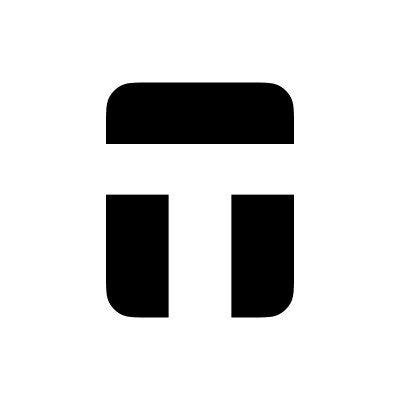 Tangem
Tangem Gamdom
Gamdom Stake.com
Stake.com Coins.Game Casino
Coins.Game Casino